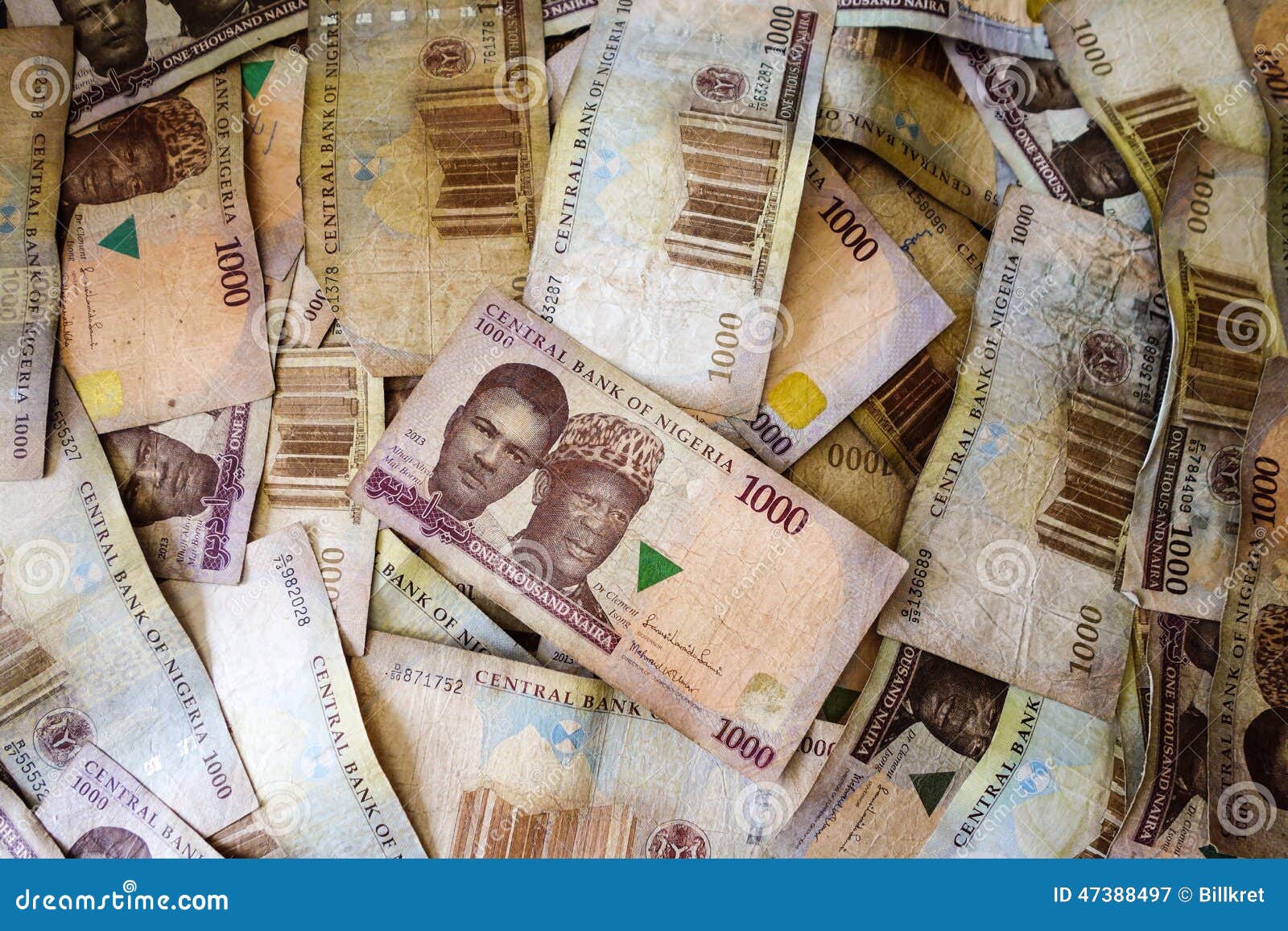E-money in Nigeria has become a transformative force in the financial landscape, reshaping the way people handle transactions and manage their finances. With the rise of digital technology, electronic money solutions are playing an increasingly important role in promoting financial inclusion and accessibility. In this article, we delve into the nuances of e-money in Nigeria, exploring its benefits, challenges, and future prospects.
From mobile banking to digital wallets, the adoption of e-money in Nigeria has been driven by the need for convenient, secure, and efficient payment systems. This shift is not just about embracing technology but also about empowering individuals and businesses to participate in the digital economy.
In this comprehensive guide, we will explore the various aspects of e-money in Nigeria, including its history, current trends, and potential impact on the economy. By the end of this article, you will have a thorough understanding of how e-money is revolutionizing financial transactions in Nigeria.
Read also:Bolly4u 2024 A Comprehensive Guide To Bollywoods Digital Evolution
Table of Contents
- Introduction to E-Money in Nigeria
- The History of E-Money in Nigeria
- Types of E-Money in Nigeria
- Benefits of Using E-Money
- Challenges Faced by E-Money in Nigeria
- Regulatory Framework for E-Money
- The Economic Impact of E-Money
- Adoption Trends of E-Money in Nigeria
- The Future of E-Money in Nigeria
- Conclusion
Introduction to E-Money in Nigeria
E-money refers to electronic money that is stored digitally and can be used for transactions without the need for physical cash. In Nigeria, e-money has become an essential tool for facilitating financial transactions, particularly in a country where cash has traditionally dominated the payment ecosystem.
The adoption of e-money in Nigeria has been driven by the increasing penetration of mobile phones and internet access. With over 200 million people, Nigeria represents a vast market for digital financial services, making it a prime location for the growth of e-money solutions.
As we explore the world of e-money in Nigeria, it is important to understand the various factors that have contributed to its success and the challenges that still need to be addressed. This introduction sets the stage for a deeper dive into the topic.
The History of E-Money in Nigeria
The history of e-money in Nigeria dates back to the early 2000s when mobile banking services were first introduced. Initially, these services were limited in scope, but they laid the foundation for the development of more advanced e-money solutions.
Key Milestones in the Development of E-Money
- 2008: The Central Bank of Nigeria (CBN) introduced the first regulatory framework for mobile money.
- 2011: MTN launched its mobile money service, MTN Mobile Money, which became one of the most popular platforms in Nigeria.
- 2017: The introduction of digital wallets and payment platforms like Paga and OPay further expanded the e-money ecosystem in Nigeria.
These milestones highlight the gradual evolution of e-money in Nigeria, from basic mobile banking services to sophisticated digital payment systems.
Types of E-Money in Nigeria
In Nigeria, there are several types of e-money solutions available, each catering to different user needs. Below are some of the most common types:
Read also:Exploring The Iconic World Of 24 Spongebob A Deep Dive Into Pop Culture
Mobile Money Platforms
Mobile money platforms allow users to send, receive, and store money using their mobile phones. Popular platforms in Nigeria include MTN Mobile Money, Airtel Money, and 9mobile.
Digital Wallets
Digital wallets, such as Paga and OPay, offer users a convenient way to manage their finances digitally. These wallets can be used for online shopping, bill payments, and peer-to-peer transfers.
Banking Apps
Many banks in Nigeria have developed mobile apps that allow customers to perform a wide range of transactions digitally. These apps often include features like e-wallets and QR code payments.
Benefits of Using E-Money
The adoption of e-money in Nigeria brings numerous benefits to both individuals and businesses. Some of the key advantages include:
- Convenience: E-money allows users to perform transactions anytime and anywhere without the need for physical cash.
- Security: Digital transactions are generally more secure than cash transactions, reducing the risk of theft and fraud.
- Cost-Effectiveness: E-money solutions often come with lower transaction fees compared to traditional banking services.
- Financial Inclusion: E-money provides access to financial services for individuals who may not have access to traditional banking.
These benefits make e-money an attractive option for many Nigerians, driving its widespread adoption across the country.
Challenges Faced by E-Money in Nigeria
Despite its numerous advantages, e-money in Nigeria faces several challenges that need to be addressed for its continued growth and success.
Infrastructure Issues
One of the main challenges is the lack of reliable infrastructure, particularly in rural areas. Poor internet connectivity and limited access to electricity can hinder the adoption of e-money solutions.
Cybersecurity Concerns
With the increasing use of digital payment systems, there is a growing concern about cybersecurity. Users need to be educated on how to protect their accounts from potential threats like hacking and phishing.
Regulatory Hurdles
The regulatory environment for e-money in Nigeria is still evolving, and there are ongoing efforts to ensure that all stakeholders comply with the necessary standards and guidelines.
Regulatory Framework for E-Money
The Central Bank of Nigeria (CBN) plays a crucial role in regulating e-money in the country. The CBN has established a comprehensive framework to ensure the safety and security of e-money transactions.
Key aspects of the regulatory framework include:
- Licensing requirements for e-money service providers.
- Consumer protection measures to safeguard users' rights and interests.
- Data privacy and security standards to protect sensitive information.
This regulatory framework is essential for building trust in the e-money ecosystem and ensuring its sustainable growth.
The Economic Impact of E-Money
E-money has had a significant impact on the Nigerian economy, contributing to increased financial inclusion and economic growth. According to a report by the World Bank, e-money has helped millions of Nigerians gain access to financial services, reducing poverty and improving livelihoods.
Furthermore, e-money has facilitated cross-border transactions, enabling businesses to expand their reach and participate in the global economy. This has contributed to the growth of small and medium-sized enterprises (SMEs) in Nigeria, creating jobs and boosting economic activity.
Adoption Trends of E-Money in Nigeria
The adoption of e-money in Nigeria has been growing steadily over the years, driven by factors such as increasing mobile phone penetration and improved internet access. According to a study by Statista, the number of e-money users in Nigeria is expected to reach over 60 million by 2025.
Factors Driving Adoption
- Young population: Nigeria has a large youth population that is tech-savvy and eager to adopt new technologies.
- Urbanization: As more people move to urban areas, the demand for digital payment solutions is increasing.
- Government initiatives: The Nigerian government has launched several initiatives to promote the use of e-money, including the National Financial Inclusion Strategy.
These factors are contributing to the rapid adoption of e-money in Nigeria, paving the way for a more digital economy.
The Future of E-Money in Nigeria
The future of e-money in Nigeria looks promising, with continued advancements in technology and increasing adoption rates. As more Nigerians gain access to digital financial services, the e-money ecosystem is expected to expand further.
Innovations such as blockchain technology and cryptocurrency are also likely to play a significant role in shaping the future of e-money in Nigeria. These technologies have the potential to enhance the security and efficiency of digital transactions, making them more attractive to users.
However, achieving widespread adoption will require addressing existing challenges and ensuring that all stakeholders are committed to the growth and development of the e-money ecosystem in Nigeria.
Conclusion
In conclusion, e-money in Nigeria has become a vital component of the financial landscape, offering numerous benefits to individuals and businesses alike. From enhancing convenience and security to promoting financial inclusion, e-money is transforming the way people handle their finances in Nigeria.
As we look to the future, it is clear that e-money will continue to play an important role in the development of the Nigerian economy. To ensure its continued success, it is essential to address existing challenges and work towards creating a robust and inclusive e-money ecosystem.
We encourage readers to share their thoughts and experiences with e-money in the comments section below. Additionally, feel free to explore other articles on our website for more insights into the world of digital finance.


